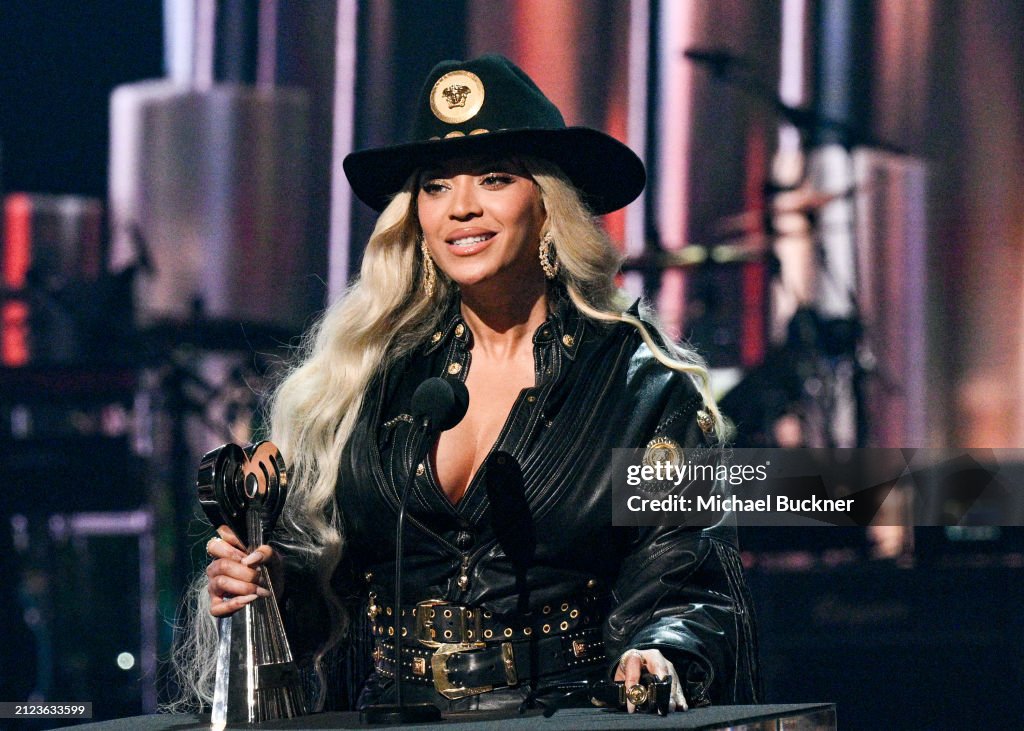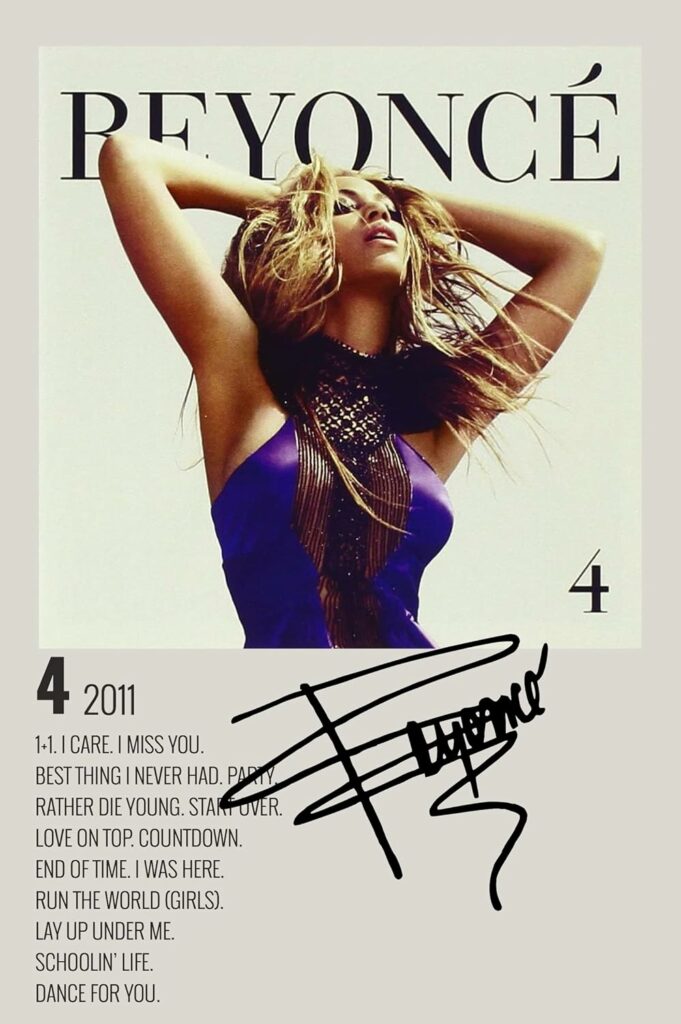The Science Behind Unapologetic Confidence, Over- apologising and Self-worth
Do you find yourself apologising too often in daily life? In contrast celebrities project a strong sense of self-worth, unapologetically owning who they are and what they stand for. What is the science behind unapologetic confidence, over- apologising and self-worth?

In our daily lives, apologising is seen as a polite social convention, a bridge that maintains harmony in interactions. However, for many, the phrase “I’m sorry” becomes a reflex, a habit that surfaces even when no apology is necessary. This habit can be more than just a simple social courtesy—it can signal deeper issues related to self-worth and insecurity. But how common is this tendency and what are the psychological underpinnings?
In contrast to the patterns of excessive apologising we see in everyday life, many celebrities project a strong sense of self-worth, unapologetically owning who they are and what they stand for. This mindset, often labelled as “unapologetic,” is not just a key to their success, but also a form of self-empowerment that resonates with millions. By refusing to apologize for their ambitions, opinions, or even their flaws, these public figures challenge societal norms and inspire others to embrace their authentic selves.
Celebrities and the Unapologetic Sense of Self-Worth
The rise of unapologetic self-worth among celebrities can be traced back to shifts in pop culture, particularly in the last decade. Social media has allowed stars to connect directly with their audiences, giving them a platform to share unfiltered, authentic versions of themselves. No longer tied to the polished, sanitised images that PR teams curated in the past, many celebrities have taken this opportunity to own their imperfections and quirks—and, crucially, they don’t apologise for them.
Beyoncé: Unapologetic Confidence
One of the most iconic examples of unapologetic self-worth is Beyoncé. Throughout her career, Beyoncé has projected a sense of empowerment, confidence and self-love, encouraging women to embrace their strength without apology. In her 2013 self-titled visual album, she addressed societal pressures, singing about how she refuses to conform to unrealistic standards.
Her famous quote, “I’m not bossy, I’m the boss,” exemplifies how she rejects the need to apologise for being assertive or successful, particularly as a Black woman in a predominantly male industry.In a 2016 interview with Elle, Beyoncé said, “I don’t have to prove anything to anyone. I only have to follow my heart and concentrate on what I want to say to the world. I run my world.”
Her unapologetic embrace of her identity, especially as a mother, businesswoman and artist, has made her a symbol of self-empowerment for millions of fans.
Rihanna: Living Boldly Without Apologies
Another prime example is Rihanna, a singer, business mogul, and fashion icon who embodies the unapologetic mindset. Whether it’s her music or her highly successful beauty line Fenty, Rihanna has always exuded bold confidence, pushing boundaries and defying expectations without a hint of apology.
“I’m never going to apologise for who I am… I worked hard, and I am where I am because I didn’t conform to what people thought I should be.”
In 2018, during an interview with Vogue, she spoke about her journey in becoming more unapologetic. This declaration highlights a core principle in the unapologetic philosophy: refusing to diminish oneself or one’s ambitions to please others.
Rihanna’s refusal to apologise extends beyond her business ventures; she is open about setting boundaries. When she was asked about the pressures of releasing a new album, she famously said, “You’re not going to get an album just because I’m not in the studio. It’s coming, but I’m not just going to put it out because people are waiting.” This boundary-setting sends a clear message: She will work on her own timeline, unapologetically prioritising her own needs and creativity.
Lizzo: Embracing Body Positivity Without Apology
The unapologetic movement isn’t limited to career or personal boundaries—it extends into areas like body positivity, where Lizzo has become a trailblazer. Lizzo, known for her empowering songs about self-love and acceptance, has used her platform to unapologetically embrace her body and advocate for the importance of loving oneself, regardless of societal standards. Her famous line, “If you can love me, you can love yourself,” reinforces the idea that confidence starts with self-acceptance, and that there is no need to apologise for not fitting into a mould.
In interviews, Lizzo has openly discussed how she refuses to apologise for her body or for being confident. In a 2020 interview with Vogue, she said:
I’m not here to fit into anyone’s standards, I’m here to create my own. I’ve worked hard to love myself and I’m not going to let anyone make me feel like I should apologise for that.
Unapologetic Celebrities and the Cultural Shift
This cultural shift toward unapologetic self-worth is also reflected in how celebrities use their platforms to confront taboos, advocate for marginalised communities, and discuss mental health. Figures like Demi Lovato have openly shared their struggles with addiction and mental illness, refusing to apologise for their journey to healing. By doing so, they reduce the stigma around these issues and encourage others to embrace their own challenges without shame.
In an industry that often demands perfection, Lovato’s refusal to hide their story, even at their most vulnerable, is an example of how being unapologetically authentic can be a source of power. Speaking in their 2021 documentary Demi Lovato: Dancing with the Devil, they stated, “I’ve learned that shutting down your story and hiding what makes you different doesn’t serve anyone. If I’m unapologetic about anything, it’s that my story is my own, and I won’t apologise for how I live it.”
Why Being Unapologetic Matters
What all these examples have in common is the ability to own who they are and what they stand for without constantly seeking approval or forgiveness from others. This unapologetic mindset fosters a deeper sense of self-worth, one that isn’t tied to external validation. By choosing not to apologize for their existence, decisions, or success, these celebrities demonstrate that being unapologetically oneself is a key ingredient for true empowerment.
The lessons these celebrities teach are invaluable: the path to self-worth requires us to stop apologising for our differences, strengths, or choices. Embracing one’s identity, flaws, and boundaries—without constantly feeling the need to say “I’m sorry”—is a bold act of self-love.
For those of us who find ourselves apologising too often in daily life, adopting even a small piece of this unapologetic mindset can be transformative. It’s about recognizing that, as individuals, we are worthy of taking up space, having opinions and living life authentically without always seeking permission or forgiveness.
The Psychology of Over- Apologising and its Self-Worth
Over- apologising is the compulsion to apologise frequently, even when there is no clear wrongdoing. While it might seem like a harmless habit, this pattern of behaviour can indicate internalised feelings of low self-worth and insecurity. Research has shown that people who over-apologize often believe they are a burden, or that their mere presence or opinions are an inconvenience to others.
In a 2019 study published in Personality and Social Psychology Bulletin, researchers found that women apologise more frequently than men, often due to having a “lower threshold” for what they perceive as offensive or disruptive behaviour. In a survey of 500 participants, women reported apologising on average four times per day, while men averaged two apologies per day. This difference wasn’t due to men resisting apologising, but rather because women often felt they had more to apologise for, which points to a significant disparity in self-perception.
The study also revealed that 63% of people who apologised excessively reported low self-esteem and a sense of diminished self-worth. Those who felt the need to say “I’m sorry” frequently often did so to avoid conflict or to manage social anxiety. This aligns with the growing body of research linking excessive apologising to a fear of rejection or judgement, particularly in high-pressure environments like workplaces or social groups.
At its core, apologising means accepting responsibility for a mistake or inconvenience. But what happens when someone apologises even when they aren’t responsible for the situation? Psychologists suggest that it stems from a deep-seated belief in personal inadequacy. This is where the connection between excessive apologizing and self-worth becomes clear. Those who apologize too often may feel that their existence or actions are inherently problematic, which drives the need to constantly smooth things over with others, even at their own emotional expense.
Cognitive Behavioral Therapy (CBT) experts point to a phenomenon known as “automatic negative thoughts” (ANTs), which are deeply ingrained patterns of thinking that reinforce feelings of guilt or inadequacy. These thoughts can lead to habitual apologizing as a way to cope with perceived flaws or mistakes. For example, if someone believes they are inherently annoying, they might apologize simply for taking up space in a conversation, even when their behaviour is perfectly acceptable.
The Impact of Excessive Apologising on Mental Health
Research consistently highlights that this behaviour can have a detrimental effect on mental health. A study by the University of Waterloo in 2020 found that people who apologised excessively were more likely to experience anxiety, depression, and feelings of worthlessness. Over-apologizing becomes a self-perpetuating cycle: individuals apologise, feel relief from avoiding conflict, but then reinforce the belief that they are at fault, which leads to more apologies in the future.
Dr. Guy Winch, a clinical psychologist and author, argues that over-apologizing can undermine confidence and erode self-esteem. He explains, “When we over-apologize, we not only communicate to others that we’re at fault, but we also reinforce the idea to ourselves that we’re inadequate.”
Certain social and cultural factors contribute to the prevalence of excessive apologizing. For example, women and marginalized groups are more prone to this behavior due to societal pressures to conform, be agreeable, and avoid being seen as assertive or aggressive. A 2021 study published in the journal Sex Roles highlighted that women often apologize to maintain social harmony and avoid negative judgments, especially in male-dominated environments. This is particularly prevalent in workplaces, where assertive women can be unfairly labelled as “bossy” or “overbearing.”
Moreover, research by Dr. Bethany Teachman at the University of Virginia indicates that individuals who belong to marginalised groups, such as people of colour or LGBTQ+ individuals, often apologise more frequently due to fear of bias or judgement. The desire to seem “non-threatening” or to avoid negative attention can lead to a pattern of excessive apologising.
Breaking the Cycle of Over-Apologising
The good news is that it’s possible to break free from the cycle of over-apologizing. Psychologists suggest that building self-worth is the first step. Self-compassion practices, such as recognizing one’s value and treating oneself with kindness, can help reduce the need to seek external validation through apologising. In fact, studies have shown that people who engage in self-compassion are 30% less likely to apologise unnecessarily.
One effective approach is to replace apologies with expressions of gratitude or acknowledgment. For example, instead of saying, “I’m sorry for being late,” you could say, “Thank you for your patience.” This subtle shift not only maintains politeness but also reframes the situation in a way that doesn’t diminish your self-worth.
Excessive apologising is not just a harmless quirk. It can signal deeper insecurities about self-worth and can negatively impact mental health. By understanding the psychological roots of this behaviour and actively working to change it, you can regain confidence and learn to interact with others in a way that is respectful yet empowered. It’s time to stop saying “I’m sorry” for simply being yourself.
Do you want to share your story and inspire our readers ? Know that YOUR EXPERTISE is paving the way for a fairer, happier society.






